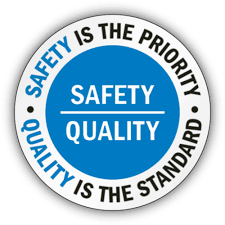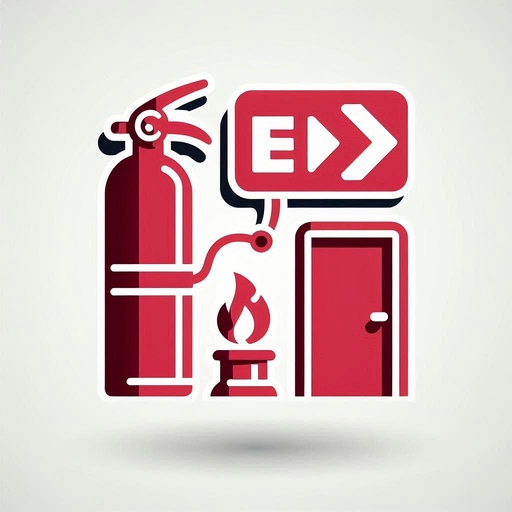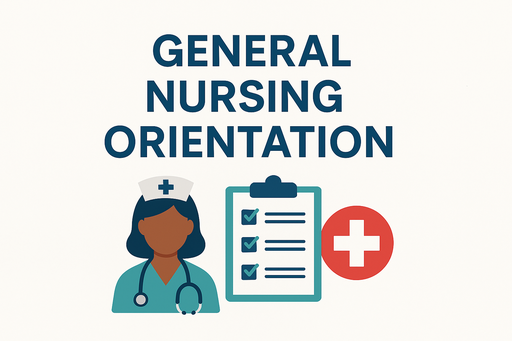Reach new heights
Start your online course today!
Skill up and have an impact! Your business career starts here.
Time to start a course.

KPIs and Data Analysis in Healthcare
The video explains the importance of KPIs (Key Performance Indicators) in healthcare. It outlines a six-step process to develop effective KPIs:
- Selecting Indicators: Choose what to measure, considering types like structure, process, and outcome indicators.
- Indicator Definition: Create clear definitions, including sample size, data collection methods, and frequency.
- Data Collection: Develop a data collection plan, using either paper-based or electronic tools.
- Data Analysis: Analyze data using Excel and basic statistics, presenting results clearly and avoiding raw tables.
- Data Validation: Ensure accuracy by comparing samples and addressing discrepancies.
- Conclusions and Recommendations: Use analyzed data to make informed decisions and improve performance.


This course is designed to train hospital staff on essential fire drill procedures, focusing on the PASS (Pull, Aim, Squeeze, Sweep) technique for using fire extinguishers and the RACE (Rescue, Alarm, Confine, Extinguish/Evacuate) protocol for fire emergencies. It aims to ensure staff can respond quickly and effectively to fire incidents, prioritizing safety and minimizing risks. Through practical exercises and theoretical knowledge, staff will be well-prepared to handle fire emergencies within the hospital environment.


This Medication Safety Education course is designed for hospital staff, including doctors, nurses, and pharmacy professionals, aiming to minimize preventable harm from medication errors. It covers the importance of medication safety, highlighting that up to 50% of medication-related harm is preventable, and emphasizes creating a culture of safety. The course addresses common types of medication errors (prescribing, dispensing, administration, and monitoring) and the “5 Rights” of medication safety (right patient, drug, dose, route, and time). It also focuses on high-alert medications (HAM) and look-alike sound-alike (LASA) medications, providing strategies for handling them safely. The role of technology, such as Barcode Medication Administration (BCMA) and Computerized Provider Order Entry (CPOE), is discussed, along with the critical roles of pharmacists, nurses, and physicians in ensuring medication safety. The course promotes a safety culture in hospitals, encouraging error reporting and continuous learning, and outlines best practices, including standardization, ongoing education, and clear communication. Resources and guidelines from organizations like ASHP, JCI, ISMP, and IHI are also provided to support medication safety efforts. Overall, the course underscores that medication safety is a shared responsibility requiring vigilance, adherence to protocols, and effective use of technology to prevent errors and promote patient well-being.




